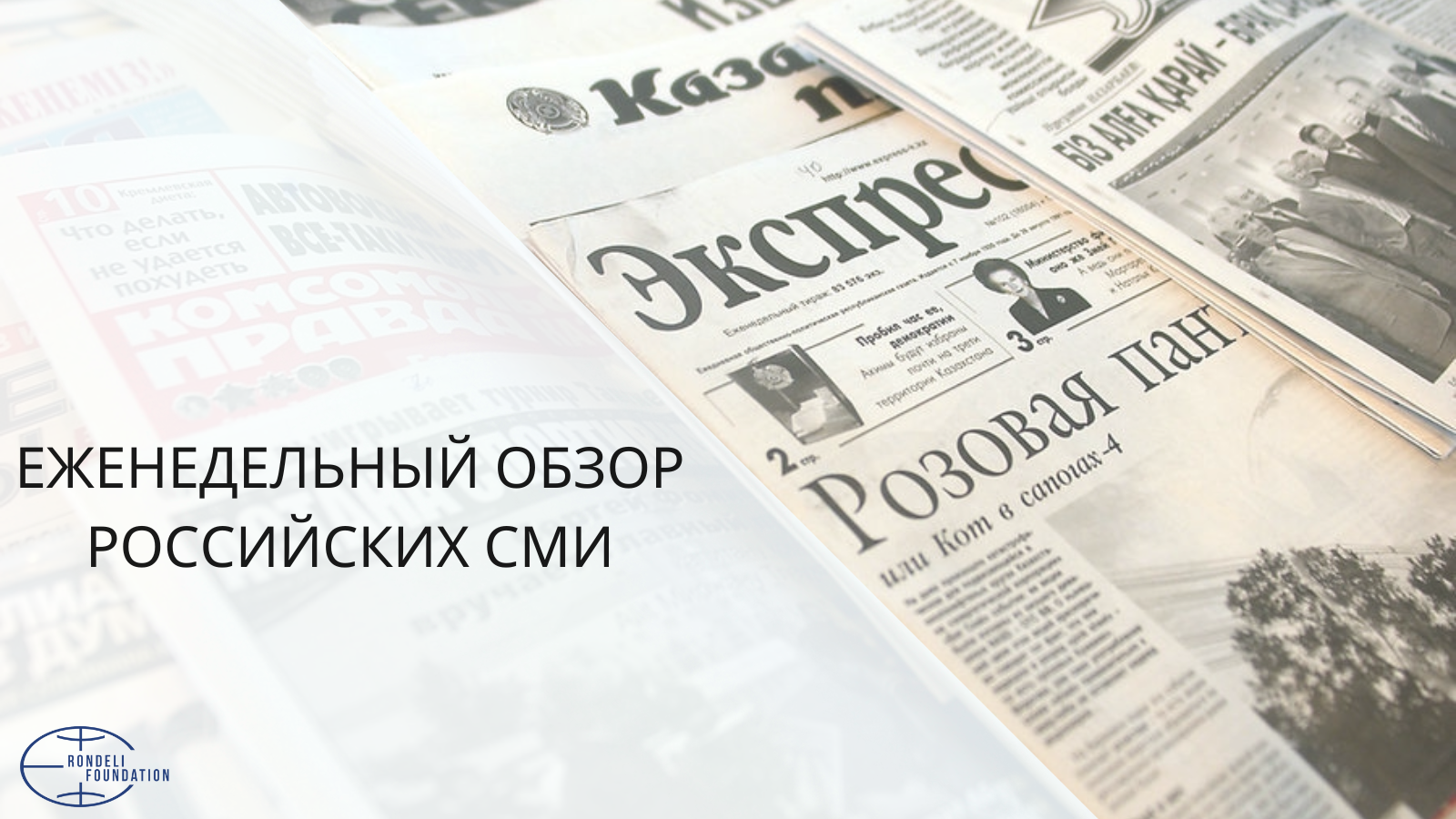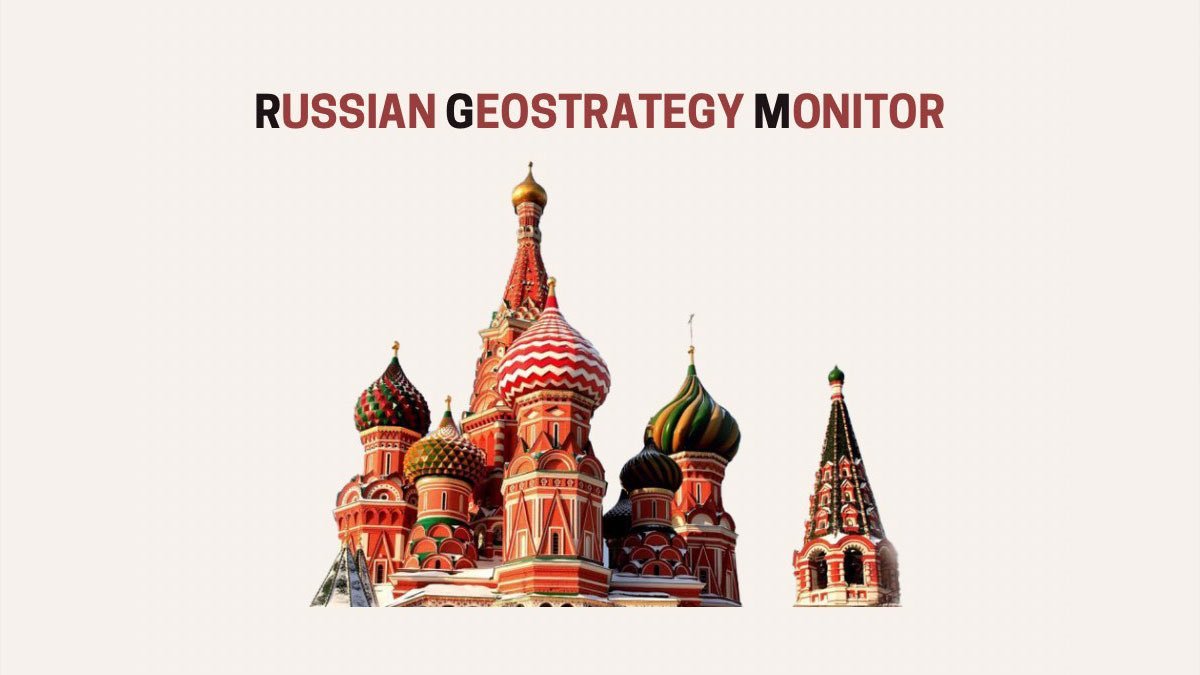2024 წლის ზაფხული დასასრულს უახლოვდება და რონდელის ფონდის მკვლევრები და მეგობრები გვიზიარებენ მათი აზრით ამ დროისათვის საინტერესო საკითხავს.
წარმოგიდგენთ პუბლიკაციების ჩამონათვალს – შესანიშნავ სტატიებსა და წიგნებს როგორც საგარეო პოლიტიკისა და უსაფრთხოების სპეციალისტებისთვის, ისე გლობალური განვითარებითა და ტენდენციებით დაინტერესებული ნებისმიერი მკითხველისათვის.
Books:
Conflict: The Evolution of Warfare from 1945 to Ukraine
Authors: Gen. David Petraeus and Andrew Roberts
General David Petraeus, who commanded the US-led coalitions in both Iraq, during the Surge, and Afghanistan and former CIA director, and the prize-winning historian Andrew Roberts, explore over 70 years of conflict, drawing significant lessons and insights from their fresh analysis of the past. Drawing on their different perspectives and areas of expertise, Petraeus and Roberts show how often critical mistakes have been repeated time and again, and the challenge, for statesmen and generals alike, of learning to adapt to various new weapon systems, theories and strategies. Among the conflicts examined are the Arab-Israeli wars, the Korean and Vietnam Wars, the two Gulf Wars, the Balkan wars in the former Yugoslavia, and both the Soviet and Coalition wars in Afghanistan, as well as guerilla conflicts in Africa and South America. Conflict culminates with a bracing look at Putin’s disastrous invasion of Ukraine, yet another case study in the tragic results when leaders refuse to learn from history, and an assessment of the nature of future warfare.


We are living in turbulent times, witnessing renewed international conflict, resurgent nationalism, declining multilateralism, and a torrent of hostile propaganda. How are we to understand these developments and conduct diplomacy in their presence?
Nicholas J. Cull, the distinguished historian of propaganda, revisits the international media campaigns of the past in the light of the challenges of the present. His concept of Reputational Security deftly links issues of national image and outreach to the deepest needs of any state, rescuing them from the list of low-priority optional extras to which they are so often consigned in the West. Reputational Security, he argues, comes from being known and appreciated in the world. With clarity and determination, Cull considers core tasks, approaches, and opportunities available for international actors today, including counterpropaganda, media development, diaspora diplomacy, cultural work, and – perhaps most surprisingly of all – media disarmament. This book is crucial for all who care about responding to the threat of malign media disruption, revitalizing international cooperation, and establishing the Reputational Security we and our allies need to survive and flourish.

How to Win an Information War: The Propagandist Who Outwitted Hitler
Author: Peter Pomerantsev
From one of our leading experts on disinformation, this inventive biography of the rogue WWII propagandist Sefton Delmer confronts hard questions about the nature of information war: what if you can’t fight lies with truth? Can a propaganda war ever be won?
In the summer of 1941, Hitler ruled Europe from the Atlantic to the Black Sea. Britain was struggling to combat his powerful propaganda machine, crowing victory and smearing his enemies as liars and manipulators over his frequent radio speeches, blasted out on loudspeakers and into homes. British claims that Hitler was dangerous had little impact against this wave of disinformation. Except for the broadcasts of someone called Der Chef, a German who questioned Nazi doctrine. He had access to high-ranking German military secrets and spoke of internal rebellion. His listeners included German soldiers and citizens, as well as politicians in Washington DC who were debating getting into the war. And–most importantly–Der Chef was a fiction. He was a character created by the British propagandist Thomas Sefton Delmer, a unique weapon in the war.
Then, as author Peter Pomerantsev seeks to tell Delmer’s story, he is called into a wartime propaganda effort of his own: the US response to the invasion of Ukraine. In flashes forward to the present day, Pomerantsev weaves in what he’s learning from Delmer as he seeks to fight against Vladimir Putin’s tyranny and lies. This book is the story of Delmer and his modern investigator, as they each embark on their own quest to manipulate the passions of supporters and enemies, and to turn the tide of an information war, an extraordinary history that is informing the present before our eyes.


Author: Calder Walton

Chip War: The Quest to Dominate the World’s Most Critical Technology
Author: Chris Miller

Authors: Franck Billé and Caroline Humphrey
Based on their firsthand field research, anthropologists Billé and Humphrey present an enthralling portrayal of the 2,600-mile border between China and Russia as the line dividing two essentially different civilizations. The border between Russia and China winds for 2,600 miles through rivers, swamps, and vast taiga forests. It’s a thin line of direct engagement, extraordinary contrasts, frequent tension, and occasional war between two of the world’s political giants. Franck Billé and Caroline Humphrey have spent years traveling through and studying this important yet forgotten region. Drawing on pioneering fieldwork, they introduce readers to the lifeways, politics, and history of one of the world’s most consequential and enigmatic borderlands.


American Diplomacy Toward Lebanon
Author: David Hale
David Hale examines several key episodes in US diplomatic history with Lebanon, starting with the country’s independence in 1943, up until the present moment. Crucial events such as the Lebanese Civil War, the Cedar Revolution, and more recently the spillover from the Syrian Civil War, are examined within the context of the respective US government administrations of the time and their foreign policy strategies. Hale asks whether policy-makers had realistic and compelling goals, the right strategy, sufficient means, and capable diplomats in its diplomatic approaches towards Lebanon through the years.


Author: Dan Blumenthal

The Achilles Trap: Saddam Hussein, the CIA and the origins of America’s invasion of Iraq
Author: Steve Coll
The Achilles Trap masterfully untangles the people, ploys of power, and geopolitics that led to America’s disastrous war with Iraq and, for the first time, details America’s fundamental miscalculations during its decades-long relationship with Saddam Hussein. Beginning with Saddam’s rise to power in 1979 and the birth of Iraq’s secret nuclear weapons program, Steve Coll traces Saddam’s motives by way of his inner circle. He brings to life the diplomats, scientists, family members, and generals who had no choice but to defer to their leader—a leader directly responsible for the deaths of hundreds of thousands of Iraqis, as well as the torture or imprisonment of hundreds of thousands more.
Articles:
When sameness becomes a colonial tool of oppression
Author: Natalia Antelava
China’s renewed attempts at shuttle diplomacy offer insights into Beijing’s intensified interest in resolving the Russia-Ukraine war.
The Return of Peace Through Strength
Author: Robert C. O’Brien
Si vis pacem, para bellum is a Latin phrase that emerged in the fourth century that means “If you want peace, prepare for war.” The concept’s origin dates back even further, to the second-century Roman emperor Hadrian, to whom is attributed the axiom, “Peace through strength—or, failing that, peace through threat.”
A Foreign Policy for the World as It Is
Author: Ben Rhodes
“America is back.” In the early days of his presidency, Joe Biden repeated those words as a starting point for his foreign policy. The phrase offered a bumper-sticker slogan to pivot away from Donald Trump’s chaotic leadership. It also suggested that the United States could reclaim its self-conception as a virtuous hegemon, that it could make the rules-based international order great again.

China and Russia Are Breaking the World Into Pieces
Author: Hal Brands
From Ukraine to Gaza to the South China Sea, the world is littered with crises. International cooperation is paralyzed by diplomatic rivalry; techno-optimism has given way to a pervasive techno-anxiety . The sole superpower is limping toward an election with fateful consequences, as its rivals feverishly arm themselves for wars present and, perhaps, future. Each of these challenges, in turn, is symptomatic of a deeper historic shift underway.

China’s Unique Challenge to the West
Author: David P. Goldman
If China succeeds, or rather, continues to succeed, in assimilating the six billion people of the Global South into its economic sphere, it will be the world’s dominant power. It is well on its way. Today, China graduates more engineers and installs more industrial robots than the rest of the world combined, and it leads the world in factory automation, telecom infrastructure, nuclear and solar power, and new energy vehicles.
The First War of the Energy Transition
Authors: Theresa Sabonis-Helf and Lauren Herzer Risi
Energy security—including access to critical minerals which are vital for the green energy transition—are being impacted by the Russia-Ukraine war and growing tensions between Russia and the West. In this interview, we bring together two leaders to discuss the current state of energy as it relates to the conflict.

Authors: Jason Bordoff and Meghan L. O’Sullivan
Russia’s invasion of Ukraine and its broader confrontation with the West a striking example of how the ambitions of a single leader can create energy insecurity for broad swaths of the world’s population and the war serves as a reminder that great-power politics never really went away. The U.S.-Chinese contest, however, may ultimately prove more consequential. The intensifying desire of the United States and China to not rely too much on each other is remaking supply chains and reinvigorating industrial policy to a degree not seen in decades.
Podcasts:
by Ukrainska Pravda in English
In their season premiere, they challenge the propaganda narratives surrounding Russia. Ukrainian journalist and author Maksym Eristavi takes you on a journey to uncover the deeper story and expose serial imperial and colonial behavior.















